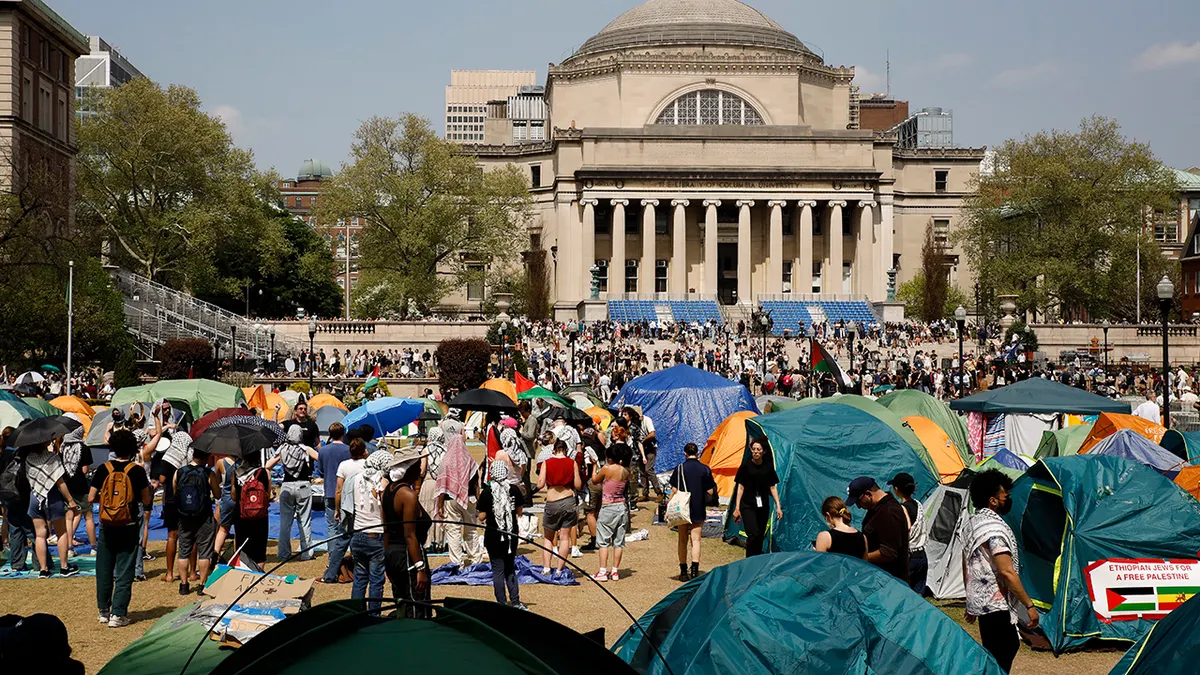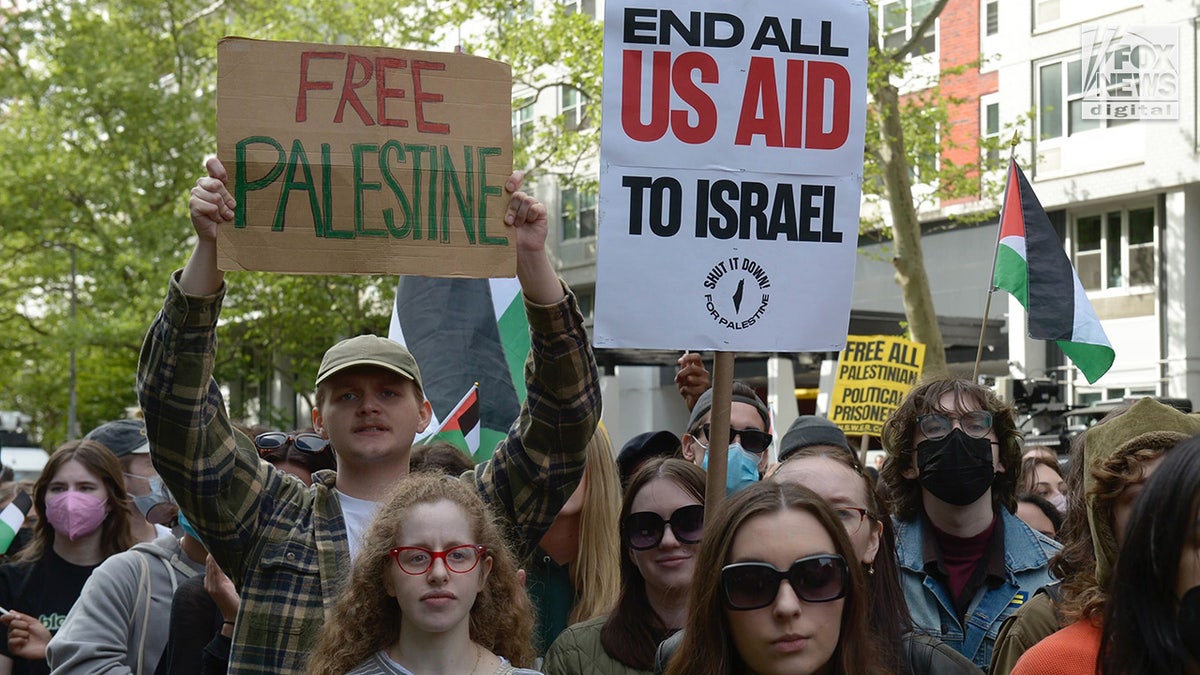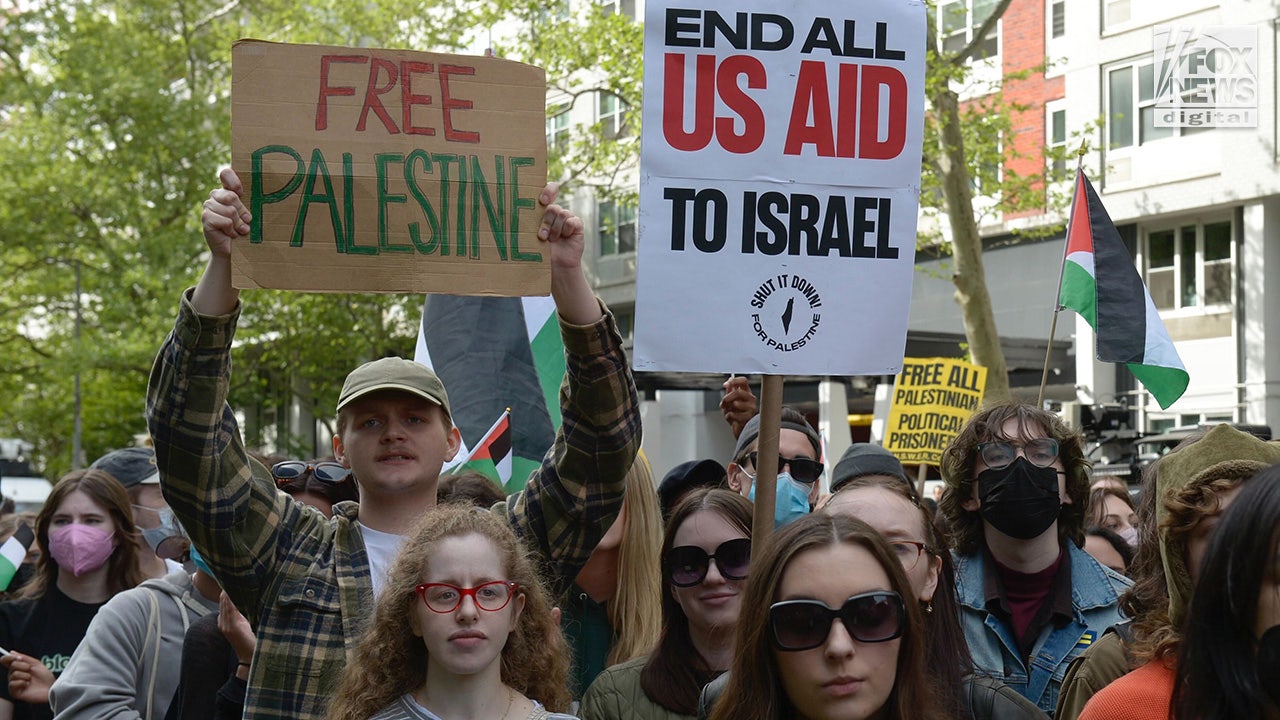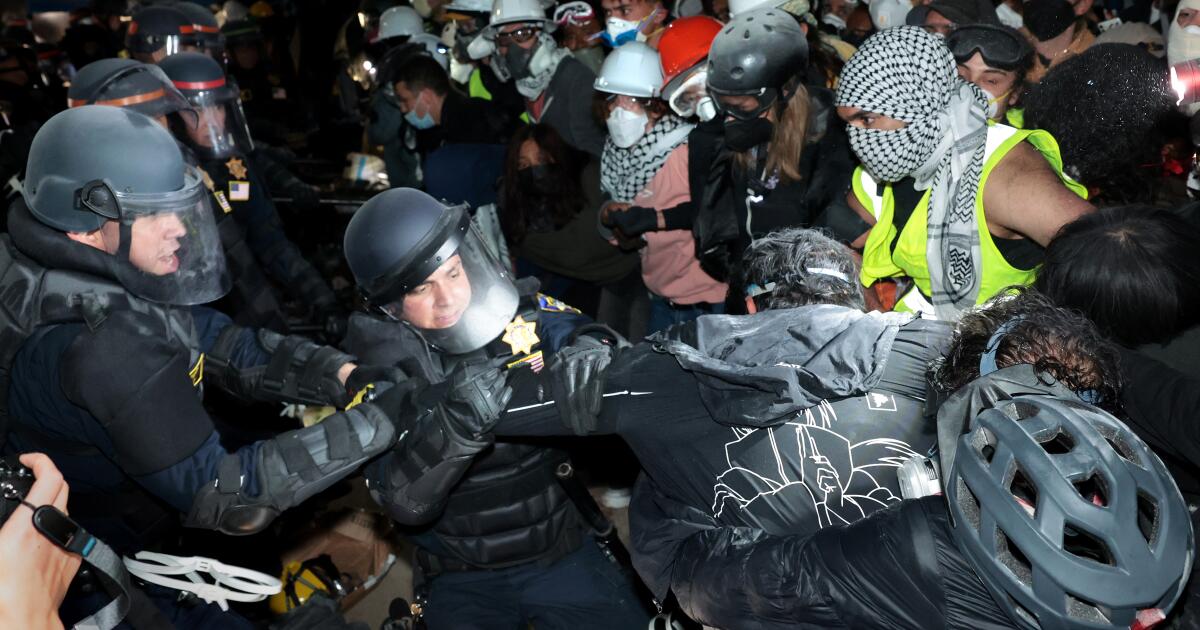
In the past few weeks, tensions have escalated at the University of California, Los Angeles (UCLA) over protests related to Palestine and Israel. Two significant incidents have raised concerns about safety and police response on campus. In one incident on April 30, pro-Palestinian protesters were attacked by counterprotesters for several hours without intervention from security officers or the police. In another incident, a peaceful encampment set up by students to express solidarity with Palestinians was dismantled through a sweeping police takedown that resulted in over 200 arrests. These events have led to faculty criticism and calls for action against UCLA Chancellor Gene Block.
On April 30, Sean Tabibian made the first of eleven calls to 911 reporting an urgent need for police at UCLA due to violent altercations between masked agitators and pro-Palestinian protesters. Despite multiple calls from Tabibian and other witnesses, law enforcement agencies did not respond until three hours and thirty-four minutes after the initial call. At least sixteen people were injured during the altercation, with the majority being pro-Palestinian protesters.
The New York Times editorial board criticized American university administrators for their handling of anti-Israel protests, stating that they have failed to enforce student codes of conduct and other guidelines meant to relieve tension between free speech and academic freedom. This lack of enforcement has led to some Jewish students feeling systematically harassed, while protesters themselves have been directly endangered due to the disarray and violence.
On May 2, volunteer attorneys waited for protesters arrested at UCLA's Palestine solidarity encampment to be released from custody. President Biden stated that 'violent protest is not protected; peaceful protest is.' However, demonstrations had escalated at colleges and universities across the country, including UT Austin, Emory, Columbia, and City College of New York. Violence had overwhelmingly been committed against demonstrators rather than by them.
On April 30 at UCLA, pro-Israel counterprotesters attacked the encampment with fireworks, planks, bear mace, and pepper spray. More than two hundred people were detained during a police raid on the encampment following the attack.
Counterprotesters fought with pro-Palestinian demonstrators at UCLA for several hours without police intervention. None of the counterprotesters were arrested during this time. Witnesses called emergency and non-emergency lines for help, but calls were disconnected or went unanswered. Governor Gavin Newsom's office contacted UCLA's chancellor office to ensure law enforcement response, and California Highway Patrol officers were ordered to the campus before L.A.P.D riot police arrived.
UCLA Chancellor Gene Block is facing faculty calls for his resignation and motions of no confidence and censure due to his handling of these events. Representatives of the 3,800-member UCLA Academic Senate are preparing to vote on separate motions for censure and no-confidence, both stating that Block 'failed to ensure the safety of our students and grievously mishandled the events of last week.'





